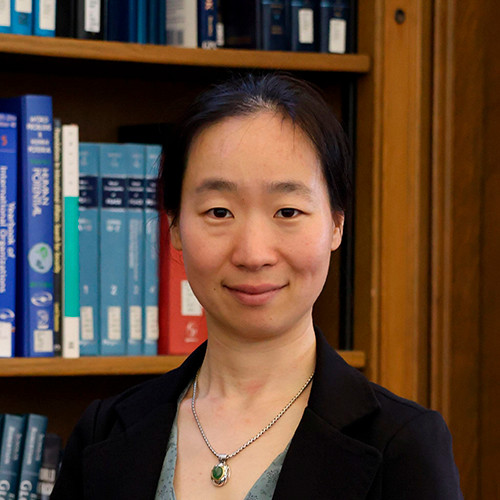Yeon-ju BaeEmory Korea Foundation Postdoctoral Fellow in Korean Studies
Biography
I am a linguistic and sociocultural anthropologist, broadly exploring the ways in which language practice and environmental engagement give rise to emergent negotiation of social relationships and ethical values in Korea.
I am currently working on a book manuscript titled, Better Life, Better Nature: Korean Buddhist Organic Farming in the Middle Mesh. In the book, I examine the social and environmental realities of a back-to-the-land (return-to-the-farm; gwinong) movement in South Korea that draws on the Buddhist idea of interrelatedness. After the Asian Financial Crisis in 1997, a local Buddhist temple pioneered a Buddhist return-to-the-farm movement, providing land for organic farming experiments as well as the Buddhist philosophical foundation. As the village where the temple is located has experienced an influx of newcomers—educated, progressive people who have migrated from cities to the mountainous rural village in pursuit of alternative ways of life—the norms followed by local elders have become objects of ethical reflection and tension. The Buddhist return-to-the-farm village turns into an emblematic site where a diverse set of values cultivated in modern Korea encounter and clash with one another: hierarchy vs. equality; family vs. individual; patriarchy vs. feminism; tradition vs. modernity; norm vs. principle; developmentalism vs. conservationism; and so forth. These ethical tensions are experienced and negotiated in everyday tangible contexts, such as temple rituals, village meetings, agricultural fields, and social gatherings. I am particularly interested in how diverse groups of villagers learn to co-exist, as they are living and farming next to one another in the shared environments of the small-scale village. I explore the generative role of ambivalence, as to how being ambivalent can become a meta-level ethical practice when one recognizes different others as meaningful interlocutors and co-dwellers whose perspectives matter.
For my next project, I plan to examine contemporary environmental issues in and around Korea, focusing on how they are discursively presented, constructed, and appropriated at the intersection of science, ethics, and politics.
